Augmentations improve app experience | happn
Maybe you have heard about Happn, a dating app based on your recent locations. Didier Rappaport, the CEO of Happn, talked about how they use AI to radically augment and enhance people's interactions. Imagine a dating app, where you can get relevant hints on how to start your conversation based on whom you are trying to talk to. Would it not be amazing if you could open with a very specific topic instead of having to rely on a cheesy pick-up sentence or a generic "Hello World"? Happn believes these augmentations will improve app experience and open up more real-life possibilities for each and every one of their users.
180 degree change in 90 days | vimeo
Anjali Sud, the CEO of Vimeo, was also present at this edition of The Next Web. She gave a talk about how she completely changed Vimeo from a video company to a software-as-a-service platform in just 90 days. It was not an easy task, but the moral of her story was that if you are willing to make the tough and difficult decisions, you will receive more respect and trust from your team in the long run. This is a very important factor in leadership and something we can fully support.
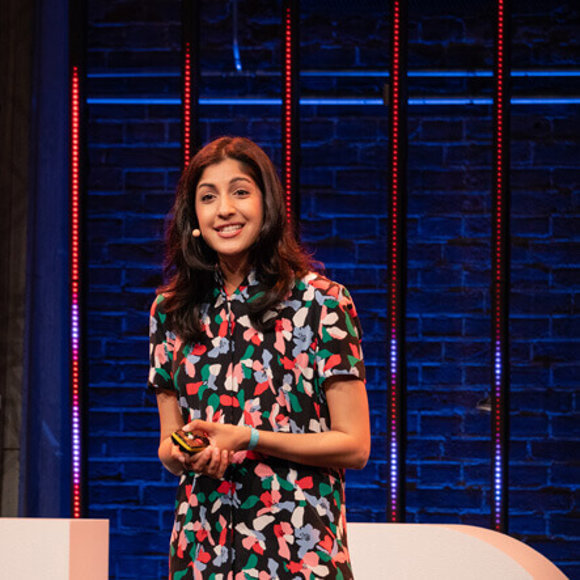
Anjali Sud - CEO of Vimeo
The tech landscape is ever-changing and there is no shortage of disruptive technologies coming our way in the near future. It is already impossible to ignore the developments in the area of Virtual/Augmented reality. Kevin Kellyn, founder & senior "Maverick" of WIRED, addressed this exciting development in his talk. He spoke about the unavoidable all-connected and digitally integrated future we are heading towards. Kevin calls this "new" world "The Mesh" - a world in which the real and the digital will not just live alongside each other, but will be interconnected, inseparable and most importantly be shared across the globe. What you see, I see and vice versa.
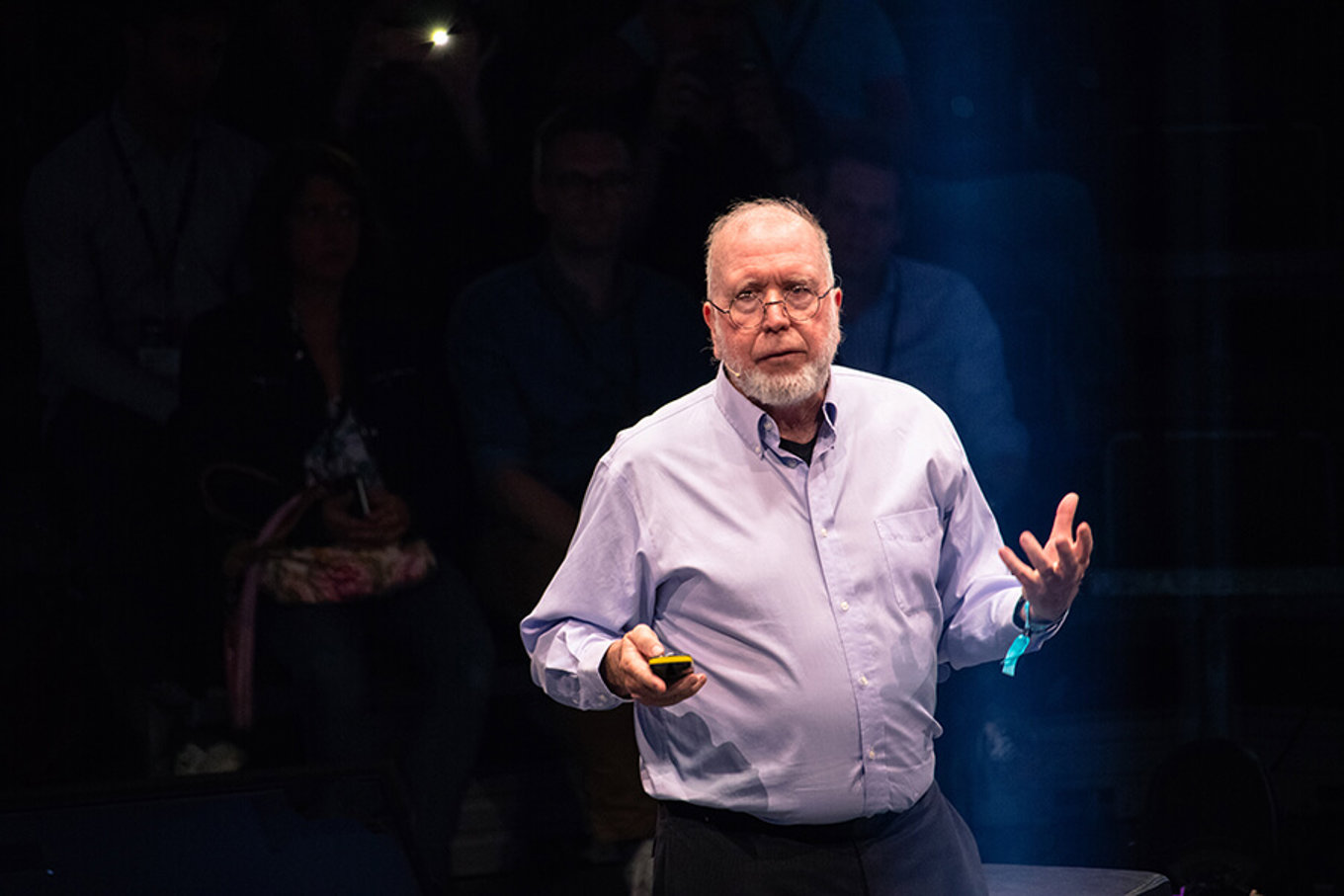
Kevin Kellyn - Founder & senior "Maverick" of WIRE
This is something Ryan Leslie feels very strongly about as became apparent in his inspiring talk about how all this development in technology can bring us closer together instead of driving us apart. He believes innovations in the field of connectivity will highly improve how we stay in touch with friends and family. At the moment we have 4G, which is great but not enough to facilitate our new future. In the next couple of years, we will be seeing major improvements in speed and latency when it comes to global connectivity. Once we are able to reduce all these points of friction, it will become easier than ever to maintain our relationships across the globe.
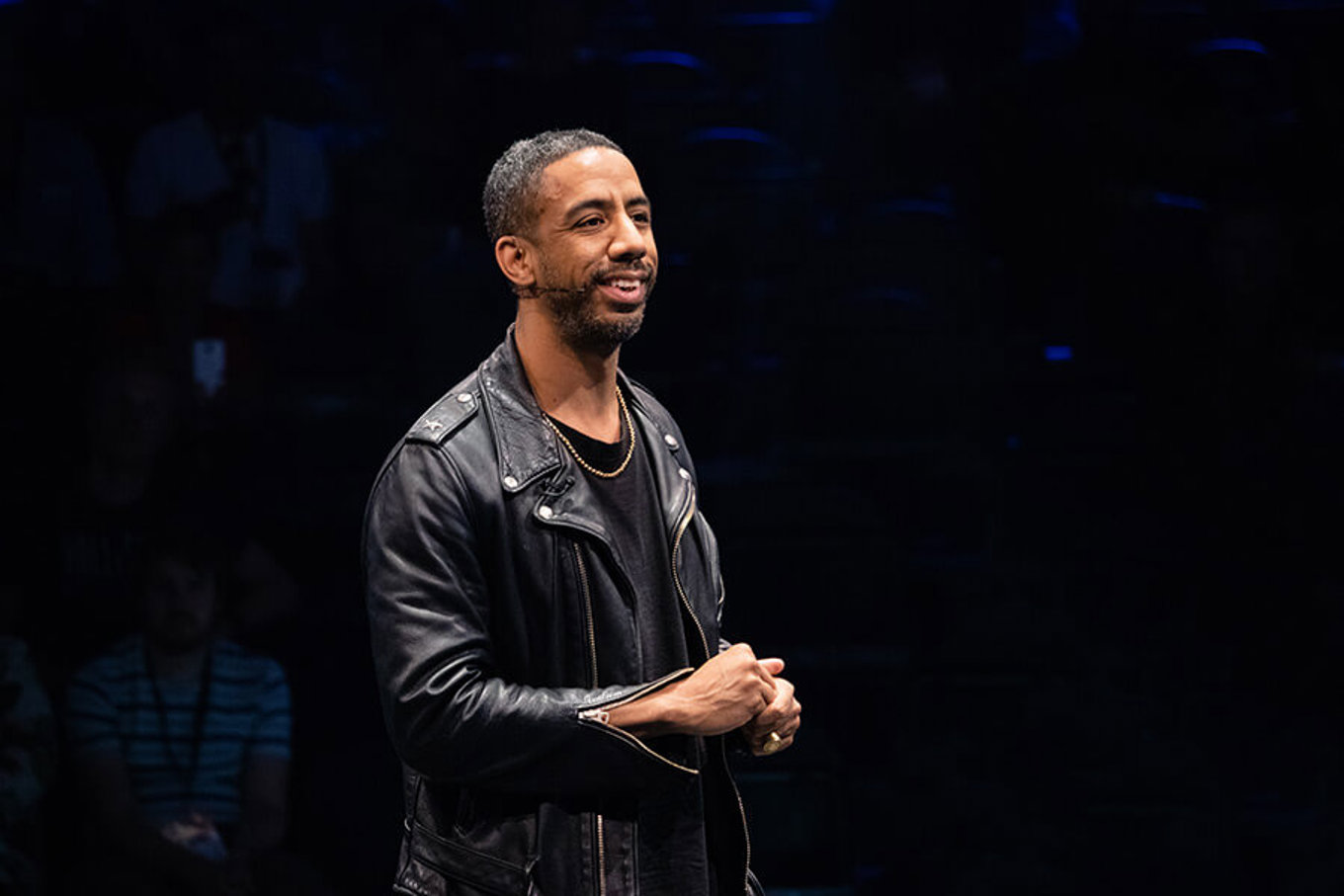
Ryan Leslie – Producer & Musician
Camille Francois, research and analysis director at Graphika, gave a sobering talk about how politics are already influenced by these digital dangers. At this point "Fake News" has become somewhat of a buzzword, but it is very real and disinformation is one of the biggest threats in modern day society. A few well-placed comments by a media influencer, be it a robot or a real person, can disrupt a whole community and not always for the better.
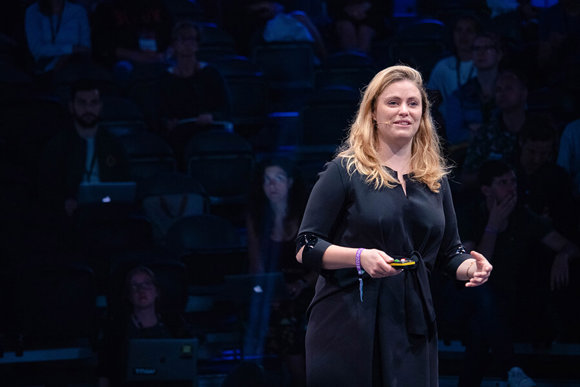
Camille Francois - Research and analysis director at Graphika
On a more positive note, there are still many benefits. One of those is the rise of decentralization, the blockchain and how these will change the way "we do things as we know them". Banks and governments are a perfect example for this. We have already witnessed the power of blockchain powered currency and its increasing popularity will force banks to adapt. Alex Mashinsky, CEO of Celsius, has showed that he is an avid believer in this decentralized monetary system who is striving to get more and more users on the blockchain train.
However, money is not everything and this is where Tim Draper, Founder of Draper VC, introduces us to the wonders of e-residency. This new digital type of citizenship will have governments rethink their whole system as people seek out which e-citizenship has the best benefits. For the first time, we will be able to choose our government based on advantages, and they will have to compete for our residency.
Those were some of the most important changes and innovations we will be seeing in the upcoming years. We are already excited to see them realized, but we are also wary of the dangers they bring along. It is important that we accept the future and innovate where possible, but always with care and understanding.
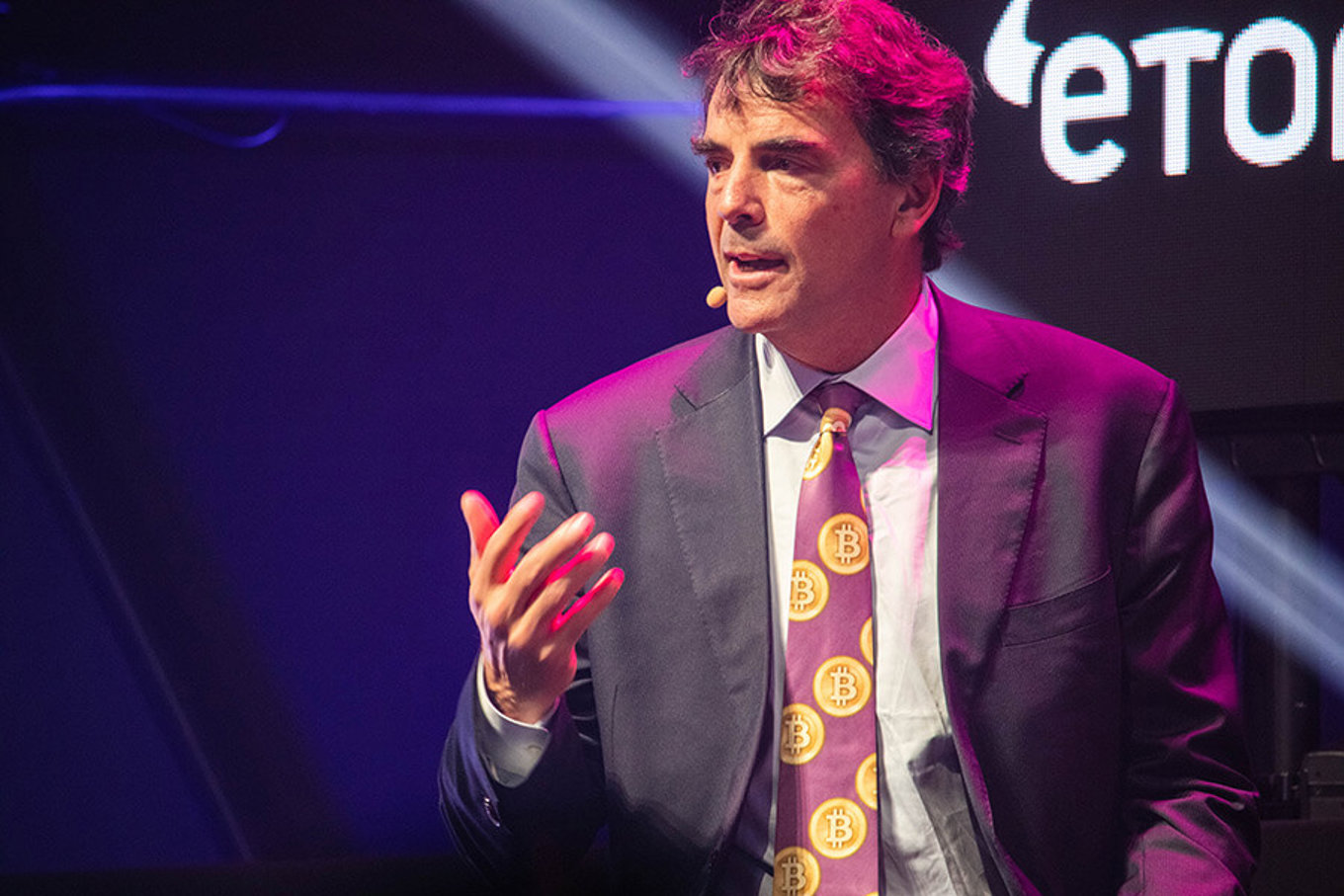
Tim Draper - Founder of Draper VC
